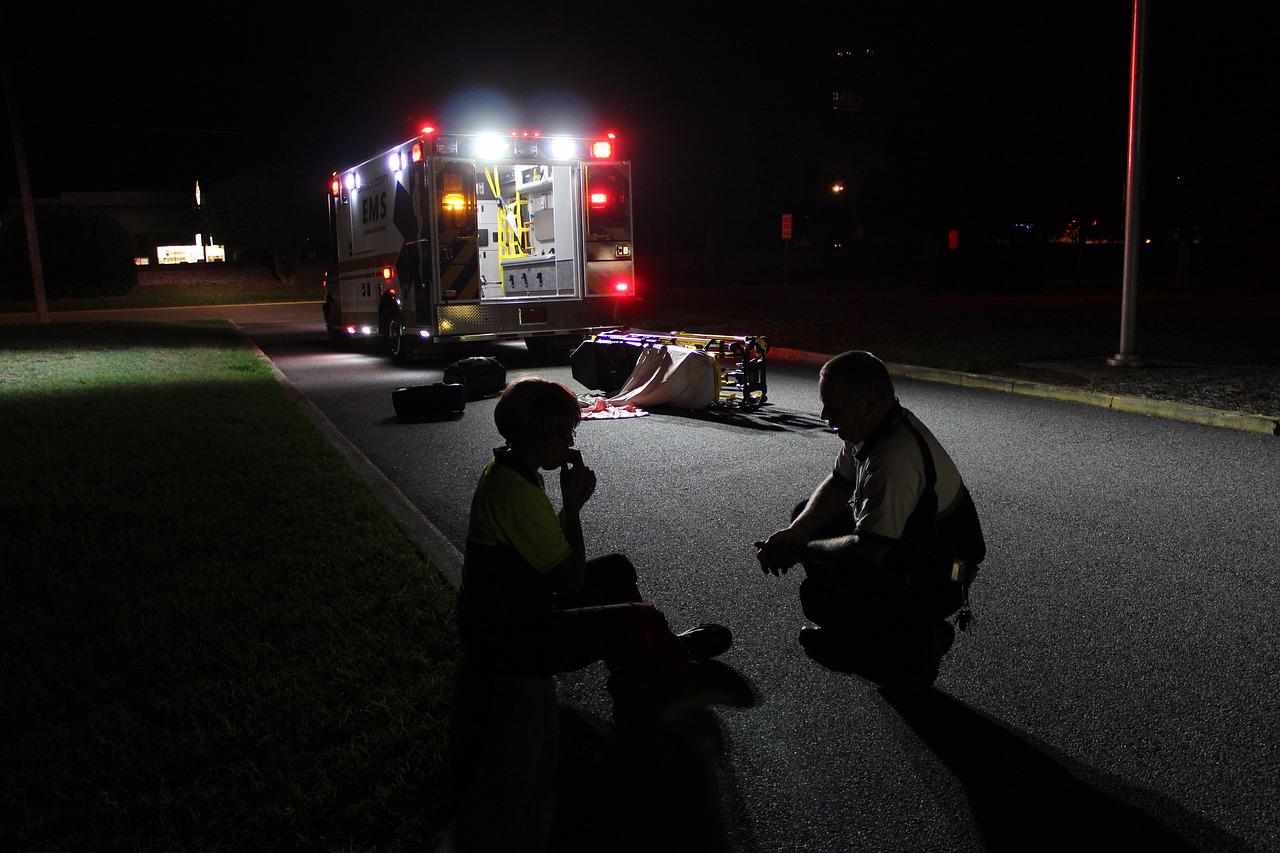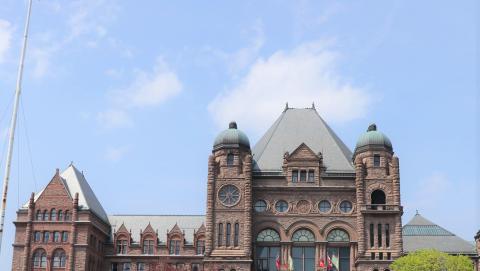Provincial Health News from a Municipal Lens
The Deputy Premier and Minister of Health, the Honourable Sylvia Jones, made a series of health system announcements on August 17th at the close of the AMO conference and on August 18th that are of direct interest to municipal councils and staff.
Items of direct municipal interest include:
- The province announced nearly $764 million in funding to assist municipalities with the cost of their paramedic services operations. This is an average increase of five per cent provincially compared to 2021-22 funding levels.
- The expansion of patient care models for eligible 9-1-1 patients to provide timely access to appropriate treatment in the community and help reduce unnecessary emergency department visits.
- Currently, these patient care models enable paramedics to treat and refer mental health and addictions and palliative care patients to appropriate services in the community where available.
- The government is working with key partners to expand these models to different patient groups, such as people with diabetes and epilepsy, and implement a new treat and release model with recommendations to patients for appropriate follow-up care.
- Ontario is providing approximately $47 million through to the end of 2023 to public health units and municipalities to provide financial stability so they can deliver key public health services across the province.
- This funding announcement is very welcome.
- It is in addition to continuing the increased provincial investments to support the public health sector’s response to COVID-19.
- Ontario is implementing processes to improve ambulance offloading currently being experienced by patients and paramedic services.
- Ontario is introducing legislation that, if passed, will support patients whose doctors have said they no longer need hospital treatment and should instead be placed in a long-term care home while they wait for their preferred home.
- Ontario will continue to fund community paramedicine to provide additional care for seniors in their own homes before their admission to a long-term care home.
- AMO is very supportive of community paramedicine programs as it is cost-efficient and keeps people in their homes where they prefer to be. However, for years we have urged that it needs a legislative base and stable funding rather than pilot funding. AMO’s June 2021 joint paper with the Ontario Association of Paramedic Chiefs (OAPC) on our proposed CP policy framework is here for your reference.
- The province will continue to provide COVID-19 and flu shots to Ontarians so they can stay up to date with their vaccinations to protect themselves and reduce the number of hospitalizations.
We understand that additional details will follow over the fall from the Ministries of Health and Long-Term Care on these expanded initiatives. We will provide updates when available.
Canada Early Learning and Child Care (CWELCC) Implementation Plan Update
The Ministry has updated the 2022 CWELCC Guidelines and O. Reg 137/15, making key changes to support participation in the CWELCC System. These include:
- extending enrolment dates to November 1, 2022, for licensees to sign on to the CWELCC system
- directing service system managers (SSMs) to process applications and confirm eligibility within 10 calendar days of date of application
- directing SSMs and licensees to execute an agreement within 30 calendar days of date of application
- requiring licensees to provide rebates to families within 20 calendar days of receiving funding from the SSM
- confirming that licensees applying to the CWELCC System may withdraw their application at any time, or terminate their participation in the System, subject to the terms of their CWELCC System service agreement; CMSMs/DSSABs may not impose any penalties related to a licensee’s termination
- clarifying that licensees operating as for-profit corporations or individuals can continue to earn profit and licensees operating as not-for-profit corporations will be permitted a surplus amount to build reserves or reinvest in the organization.
Municipalities must share an example of a standard agreement with all licensed operators in their region by August 29, 2022 and meet corresponding deadlines for processing of applications. Despite these extended deadlines, parents should still see savings on average of 50% by December 31, as originally scheduled.
As next steps, consultations have begun with the Minister’s Advisory Group to support the development of the Child Care Funding Formula which is planned for implementation in 2023. The Ministry also plans to consult with child care partners on additional CWELCC priorities, including workplace recruitment and retention, and the development of a growth and inclusion framework to support space expansion priorities as well as the needs of vulnerable and diverse populations. CMSMs/DSSABs will be expected to develop space expansion plans and build on existing community service plans for submission to the Ministry in late 2022.
Ontario Now Accepting Applications for Flood Hazard Identification and Mapping Program
On August 12th, the Ministry of Natural Resources and Forestry (MNRF), in partnership with Natural Resources Canada (NRCAN), launched applications for the Federal Flood Hazard Identification and Mapping Program. Up to 50% matched federal funding can be received for eligible flood mapping projects.
Applications from municipalities, Indigenous communities, planning authorities, and conservation authorities are encouraged and will be accepted until 4:30pm EST on September 16, 2022.
The Ministry is hosting two identical information webinars on August 24th from 9:30-11:30am, and August 30th from 9:30-11:30am. To register for one of these events, please complete this form. For additional program information visit www.ontario.ca/page/flood-hazard-identification-and-mapping-program or contact FHIMPapplications@ontario.ca should you need to reach out to MNRF staff.




